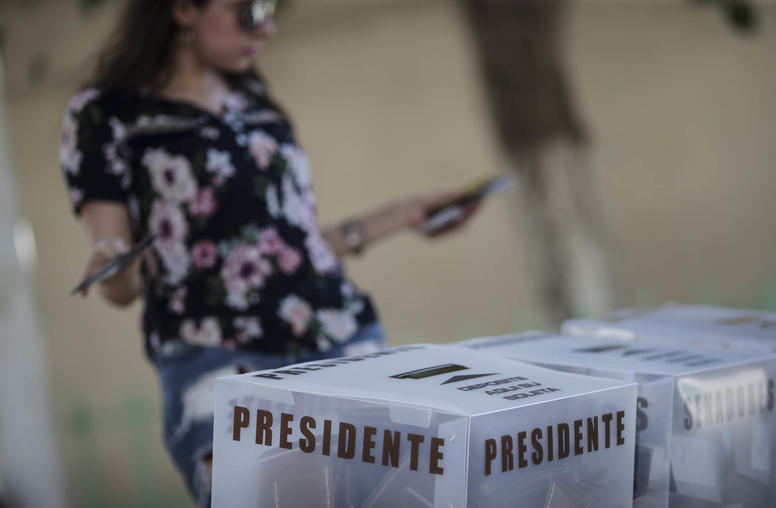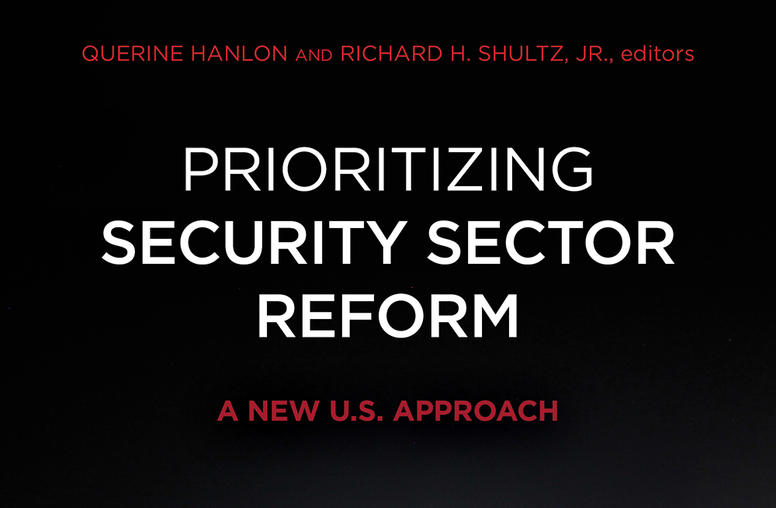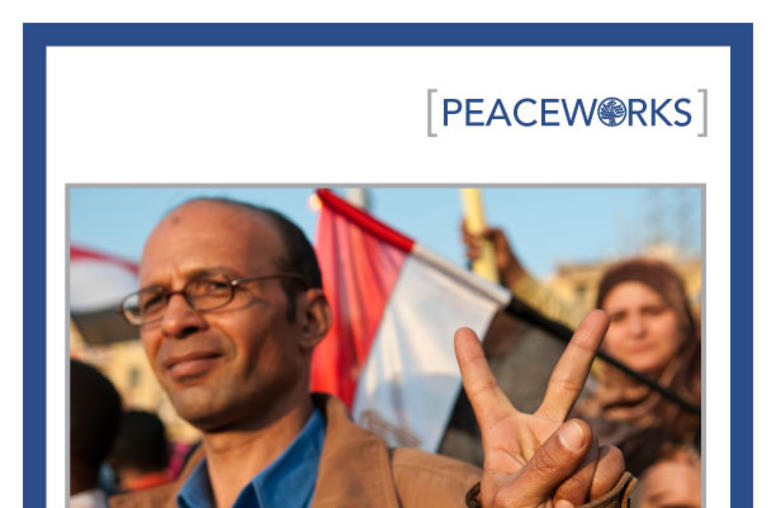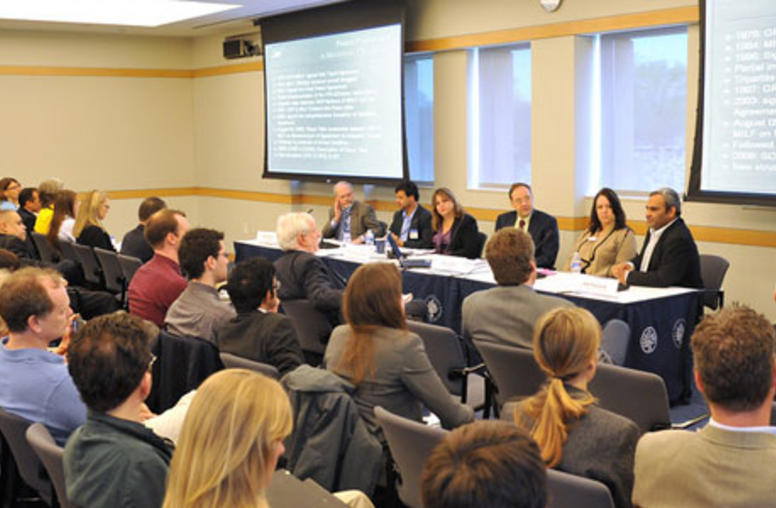Publications
Articles, publications, books, tools and multimedia features from the U.S. Institute of Peace provide the latest news, analysis, research findings, practitioner guides and reports, all related to the conflict zones and issues that are at the center of the Institute’s work to prevent and reduce violent conflict.

A Preview of 2024 Elections Throughout Latin America
Anti-incumbent sentiment has gripped much of Latin America in recent years, swinging electoral results leftward in Mexico, Colombia, Honduras and Brazil, upending the corrupt coalitions that have long ruled Guatemala, and handing the presidency of Argentina to a self-proclaimed “anarcho-capitalist.” But 2024 may prove to be a good year for establishment politicians. In the five countries with elections on the calendar — El Salvador, Panama, Dominican Republic, Uruguay and Mexico — insider candidates are polling ahead, at least so far.

Un avance sobre las elecciones de 2024 en América Latina
En los últimos años, el sentimiento anti-oficialista se ha apoderado de la mayoría de América Latina, moviendo el péndulo electoral hacia la izquierda en México, Colombia, Honduras y Brasil, trastocando las coaliciones corruptas que durante mucho tiempo han gobernado en Guatemala y entregando la presidencia de Argentina a un autoproclamado "anarcocapitalista". Sin embargo, el 2024 podría resultar ser un buen año para los candidatos del oficialismo. En los cinco países con elecciones este año —El Salvador, Panamá, República Dominicana, Uruguay y México—, los aspirantes de los partidos gobernantes, al menos hasta ahora, encabezan las encuestas.

Israel-Hamas War Divides Latin America Along Partisan Lines
As casualties mount in the Israel-Hamas conflict, many Latin American leaders are intensifying their criticism of the Israeli government. Bolivia recently became the first country to sever ties with Israel; Chile, Colombia and Honduras recalled their ambassadors for consultations; and diplomats from Argentina, Brazil and Mexico have blasted Israel for the bloodshed, calling for an immediate end to hostilities.

La guerra entre Israel y Hamas divide a América Latina a través de líneas partidistas
A medida que aumentan las bajas civiles en el conflicto entre Israel y Hamás, muchos líderes latinoamericanos están intensificando sus críticas al gobierno israelí. Bolivia recientemente se convirtió en el primer país en romper relaciones con Israel; Chile, Colombia y Honduras llamaron a sus embajadores para consultas; y diplomáticos de Argentina, Brasil y México han condenado a Israel por su violencia, exigiendo un cese inmediato de las hostilidades.

Elite Capture and Corruption of Security Sectors
The objective of US security sector assistance is to help build effective, accountable, responsive, transparent, and legitimate security sectors in partner nations to address common security risks. Such action ultimately benefits US national interests, as when the United States modernized West Germany’s military during the Cold War; when US security sector support to South Korea helped the United States deter regional threats; and when, in Ukraine, US security sector assistance contributed to success in fending off Russian aggression in 2022. Similarly, the United States helped Georgia turn its traffic police into one of the most trusted institutions in the country, supported Albania as it updated the governance of its security forces, and assisted Colombia in making progress toward ending its long-standing armed conflict.

Prioritizing Security Sector Reform
Prioritizing Security Sector Reform: A New U.S. Approach argues that security sector reform (SSR) should be at the core of a new U.S. policy to strengthen the security sector capacity of countries where U.S. interests are at stake. As the United States withdraws from a more interventionist policy, it cannot wholly ignore the growing disorder in fragile environments around the globe. In place of large, boots-on-the-ground interventions relying on expensive train and equip programs with only fl...

Democratic Breakthroughs: The Ingredients of Successful Revolts
Although each revolution is different, each successful case of democratic breakthrough shares common domestic and international influences. This report examines 11 cases of past successes at removing autocratic regimes and establishing elections. It then applies its findings to the emerging revolutions of the Arab Spring.

Peacekeeping without Guns
Experts on nonviolent peacekeeping presented their methodologies, lessons learned, and the way forward for the innovative field at the U.S. Institute of Peace (USIP) on March 21, 2012.
Nuclear Summit Wraps, Creating Momentum to Bolster Security
At the Nuclear Security Summit on April 12 and 13, leaders from around the world pledged to take their own steps to secure nuclear material used in bombs, civilian nuclear reactors and power plants, and to work together to enhance overall security.
Chiapas Web Links
Below are links by topical categories to resources about the conflict in Chiapas from sources mainly active in Mexico. For more USIP resources see Mexico. General Resources Elections and Political Parties Government Agencies Guerrilla Groups Human Rights Maps and Guides Peace Agreements These links complement the Institute Special Report: Southern Mexico: Counterinsurgency and Electoral Politics. General Resources Backg...